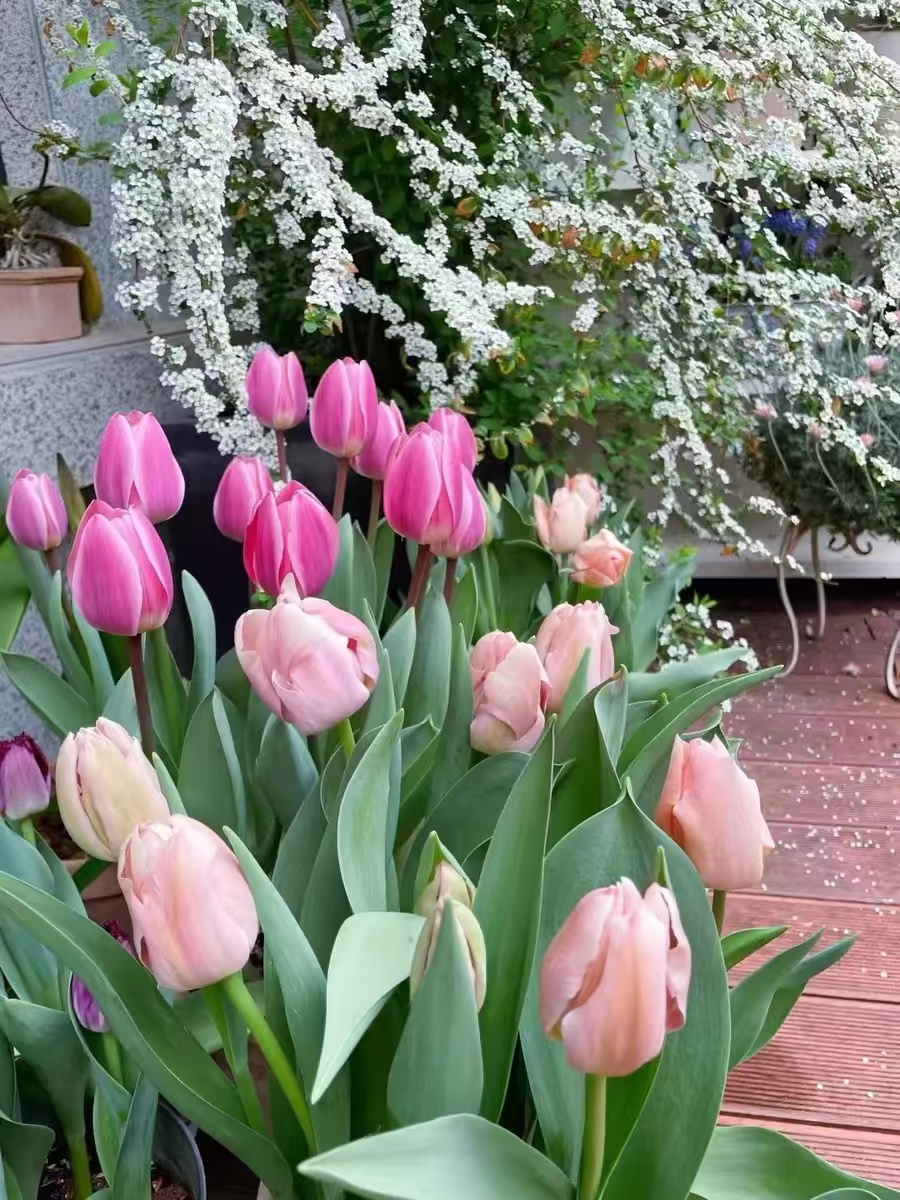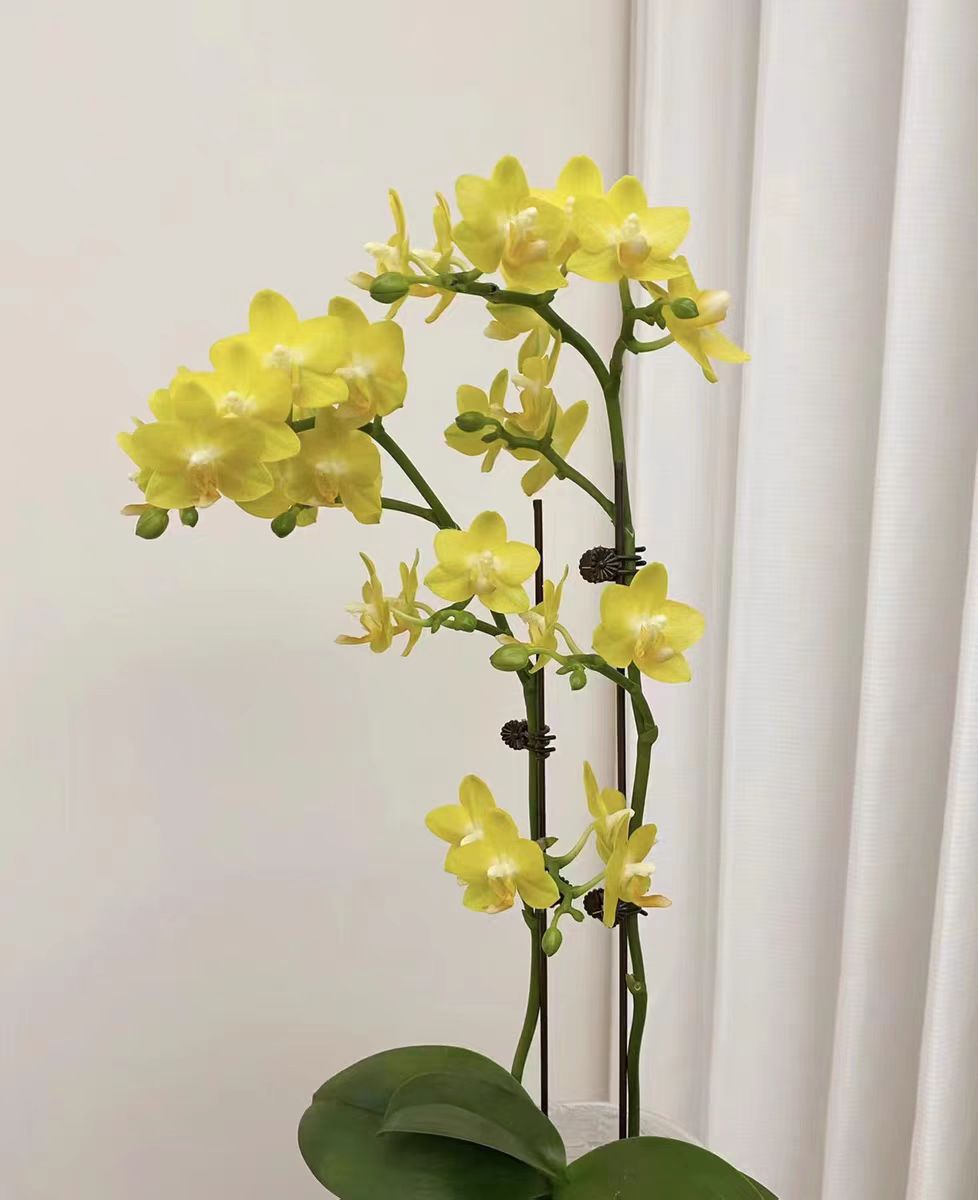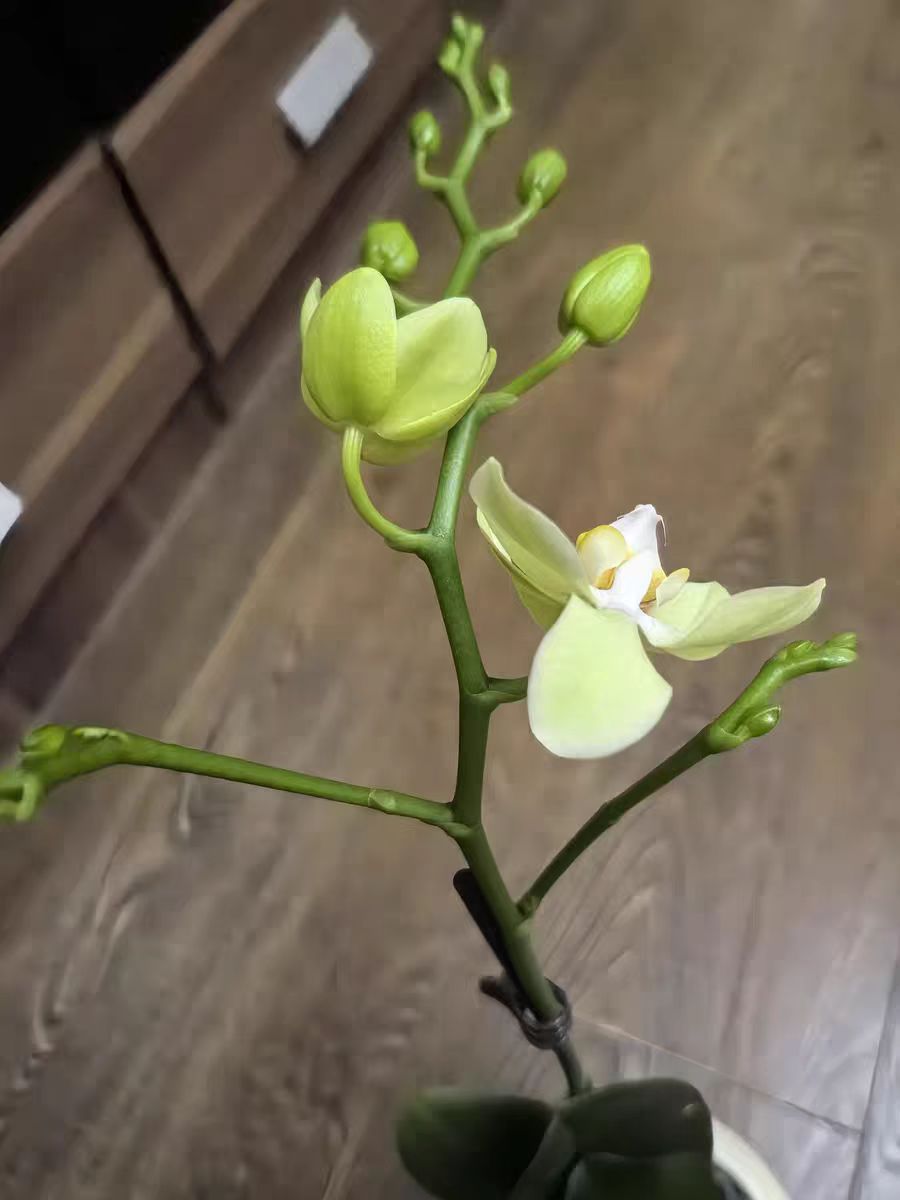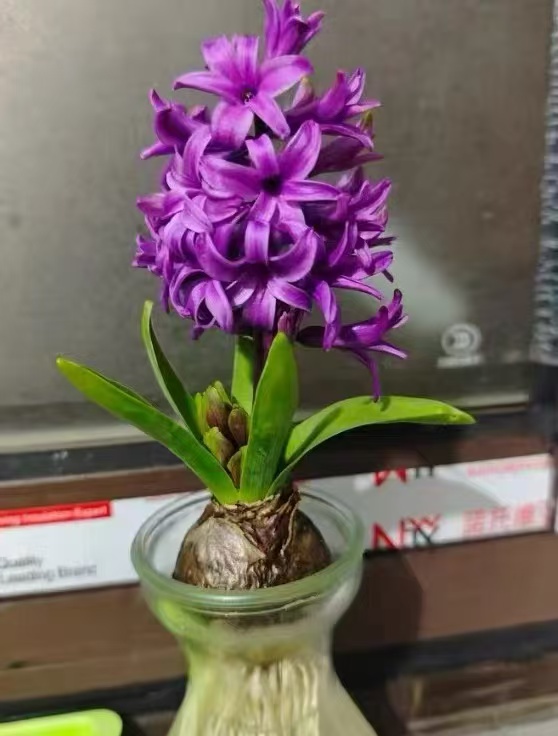Keeping plants during pregnancy can not only relax the mood but also beautify the indoor environment. However, not all plants are suitable for pregnant women to cultivate. During pregnancy, pregnant women have a special physical condition and increased sensitivity to the environment, so extra caution is needed when choosing plants. Here are some plants that are not suitable for cultivation during pregnancy.
Flowers with strong fragrance:
• Tuberose: Tuberose stops photosynthesis at night and releases a large amount of carbon dioxide, which is not conducive to the respiratory health of pregnant women. In addition, the particles it emits at night may also irritate the sense of smell and make pregnant women feel irritable.
• Lily: The fragrance of lilies is strong. Prolonged exposure of pregnant women to them may aggravate their anxiety and affect the growth and development of the fetus.
• Violet: The fragrance of violets is also strong and may trigger allergic symptoms in pregnant women.
Poisonous plants:
• Yellow azalea: Yellow azalea contains toxins. Long-term contact or accidental ingestion by pregnant women may cause toxins to enter the body, endangering the health of themselves and the fetus. In severe cases, it may lead to miscarriage or premature birth.
• Alocasia macrorrhiza: Its sap is poisonous and can cause skin problems. Pregnant women should avoid contact with it.
• Calla lily: Both its tubers and leaves contain toxins, so pregnant women need to be careful with it.
• Crown of thorns: Its sap is also poisonous, and contact with it may cause itchy skin.
Cancer-promoting plants:
Although there is still scientific debate about whether some plants truly have cancer-promoting effects, pregnant women had better avoid cultivating plants that are considered to possibly contain carcinogens during pregnancy, such as oleander. These plants may pose a potential threat to human health.
Plants that are easy to cause allergies:
• Redbud: Redbud has a lot of pollen which is irritating and may induce asthma, aggravate symptoms such as coughing in pregnant women, and affect the growth and development of the fetus.
• Tulip: Both its flowers and bulbs contain toxins, and its pollen may cause allergies in pregnant women.
Flowers with overly bright colors:
Although brightly colored flowers can enhance the indoor beauty, some overly bright flowers may contain chemicals or alkaloids that are harmful to human bodies. Pregnant women should try to avoid long-term contact with these plants during pregnancy to avoid adverse effects on the fetus.
Plants with peculiar smell:
• Hyacinth: Its bulbs and flowers contain toxins, and its smell may have an adverse effect on pregnant women.
• Allium giganteum: Its leaves and flowers contain toxins, and its unique peculiar smell may make pregnant women feel uncomfortable.
When keeping plants during pregnancy, careful selection is required to avoid cultivating plants that may have adverse effects on pregnant women and the fetus. Through reasonable selection and maintenance of plants, pregnant women can enjoy a beautiful natural environment during pregnancy while ensuring the health of themselves and the fetus.
Is it good to keep plants during pregnancy?

Share with
Tagged in :




Leave a Reply